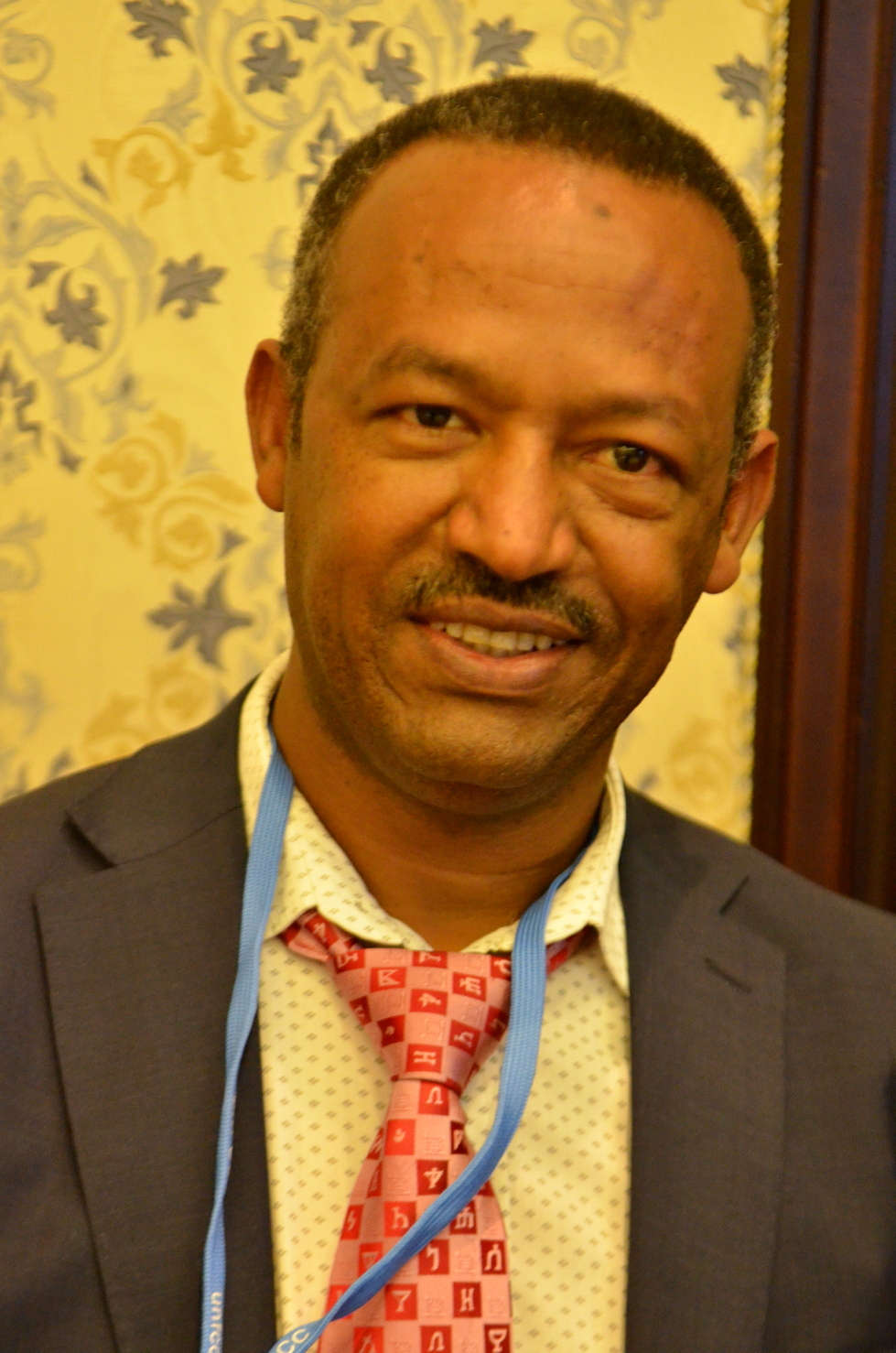

Moderator: Fakri Karim (UNCDF)
Synopsis: The negative impacts of climate change are disproportionately borne at the local level by the rural and urban poor in developing countries, where they exacerbate existing development challenges. Climate resilience interventions at the local level can address these most vulnerable populations in ways that are often more effective, efficient and sustainable, as local communities and actors are uniquely positioned to know their vulnerabilities and needs, and have a stake in the outcome of any adaptation intervention, enhancing the accountability of said interventions. Several studies have explored the factors that can improve the effectiveness of adaptation finance in reducing vulnerability – including strengthening transparency and responsiveness of donor funding, strengthening ownership and participation of local communities, building the capacity of local stakeholders and of local financial structures to manage finance and deliver adaptation results.
Nonetheless, there are lessons we have been failing to learn from mistakes of the past in planning and implementing adaptation projects at local level such as how to:
Sub-national governments are well-placed to address the issues above, but they are often overlooked, despite the fact that sub-national governments could be more effective in building synergies with other development issues that are climate change-sensitive, breaking silos and transforming negative tradeoffs into convergence.
The challenge, however, is societal and should be addressed holistically to succeed in building resilient local economies and communities. How, therefore, can we ignite local level movements or dynamics for societal transformation towards effective, adaptive and living governance systems in LDCs that will build and maintain effective resilience?
Topics:
 Gebru Jember Endlew
Tessa Kelly
Francisco Sambo
Gebru Jember Endlew
Tessa Kelly
Francisco Sambo